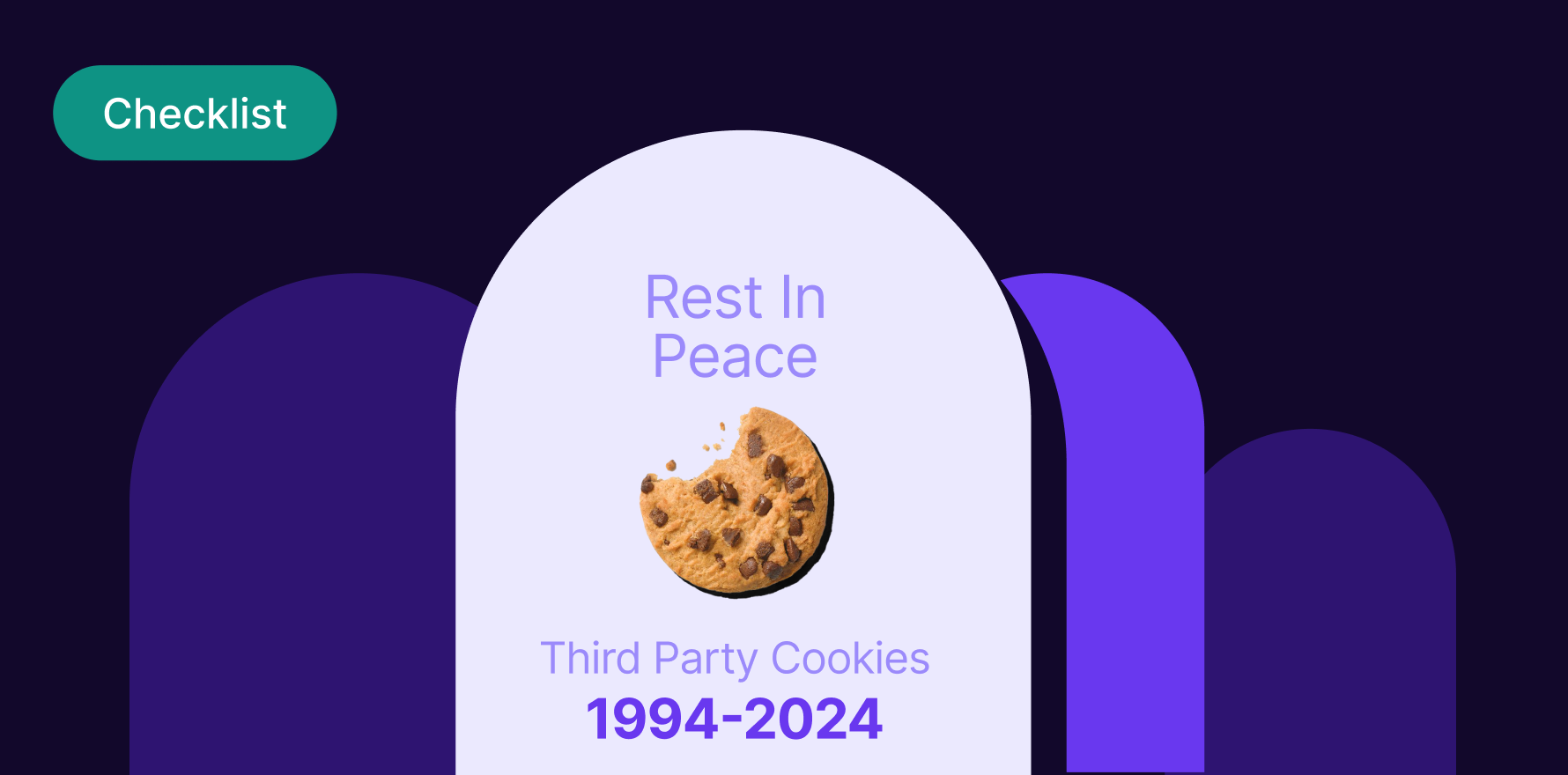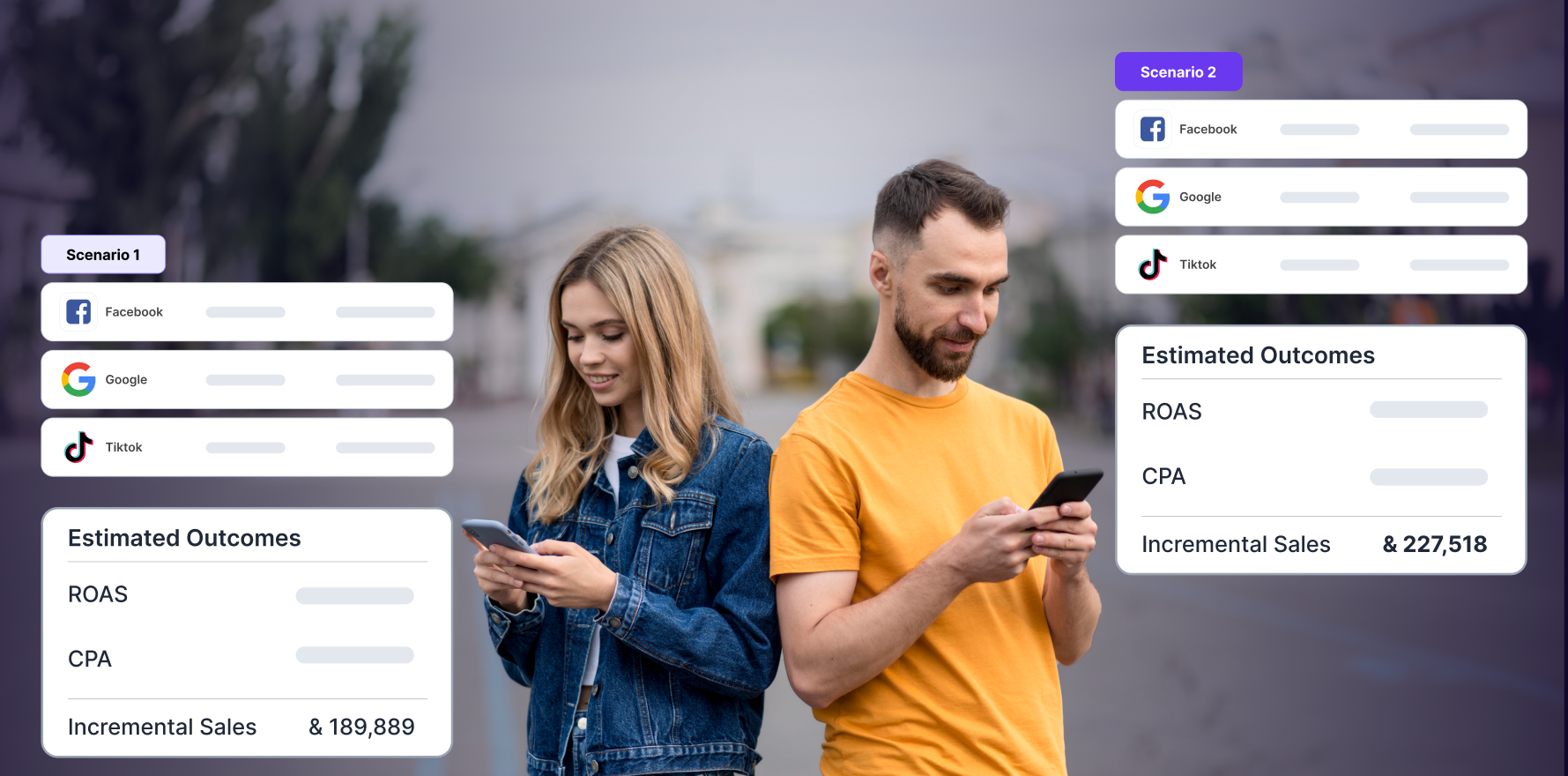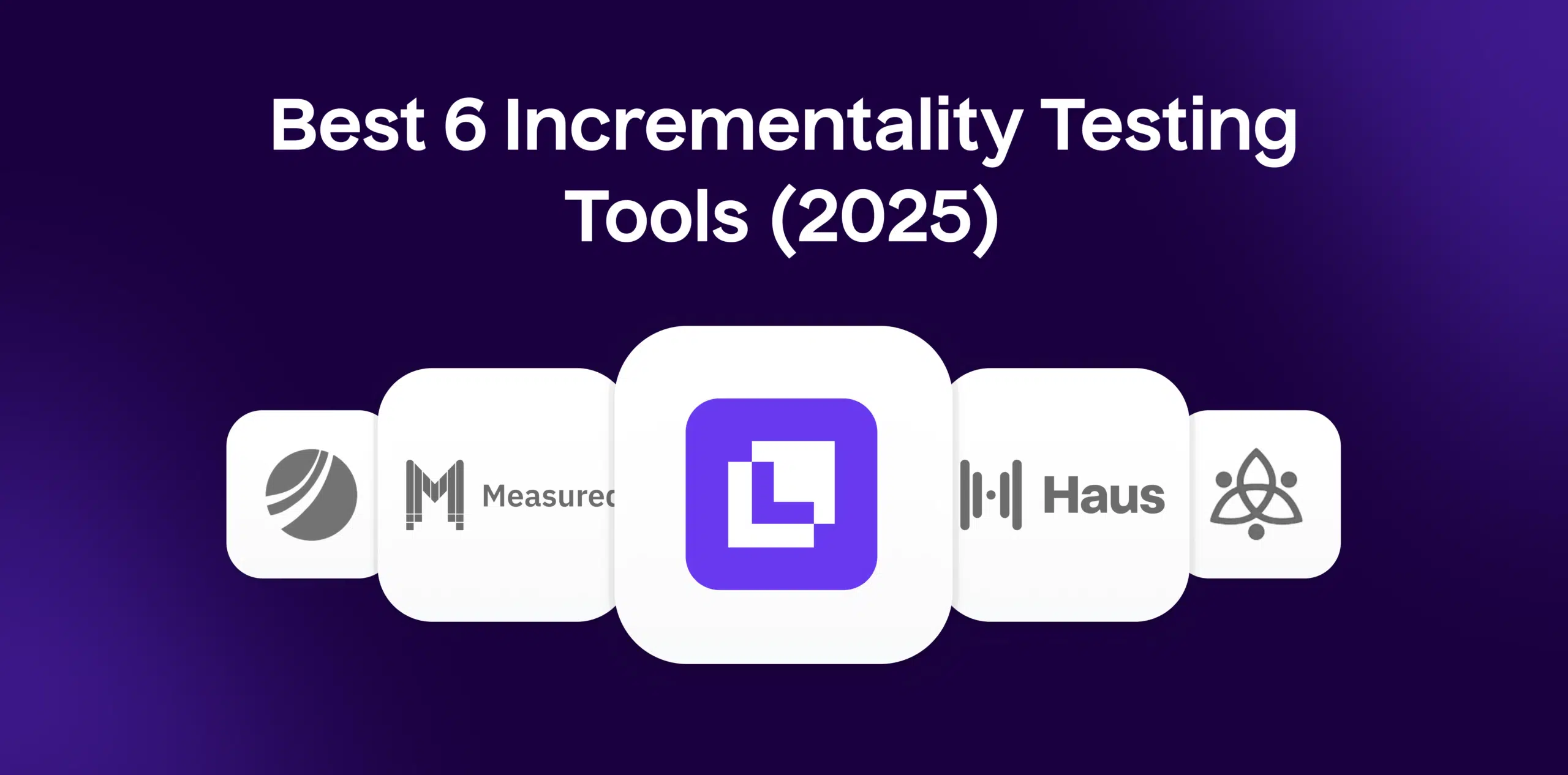What is Reach per post?
“Reach per Post” is a vital ecommerce metric that gauges how many unique users have encountered a specific piece of content, such as a social media post or product listing. Unlike simple view counts, it focuses on individual engagement, offering insights into content performance and audience appeal. High reach per post often leads to increased engagement and helps businesses refine their content strategies for greater online success.
Formula
Reach per Post = (Total Reach / Number of Posts)
Example
Let’s say you are managing an e-commerce social media account, and you want to calculate the reach per post for a particular week. During that week, your total reach was 10,000, and you posted 5 times.
Reach per Post = (10,000 / 5) = 2,000
Why is Reach per post important?
“Reach per Post” is a crucial metric in e-commerce and social media marketing because it measures how effectively your content engages your audience. It helps you assess content performance, allocate budgets wisely, and evaluate campaign success, ultimately leading to better online visibility and potential conversions.
Which factors impact Reach per post?
- Use Rich Media: Use images, videos, and GIFs to make posts stand out.
- Use Eye-Catching Header Images: Header images should be attention-grabbing to draw in your followers.
- Engage and Interact with Followers: Respond to comments and messages to show your followers you genuinely care about them and the content you’re sharing.
- Hashtags: Utilize hashtags to reach new potential followers and audiences.
- Keep Posting Frequently: Continuously post interesting content to keep users up to date on your social activities.
How can Reach per post be improved?
- Post Quality: The quality of the post will have an effect on how engaging it is.
- Type of Post: Different types of posts will result in different levels of engagement.
- Frequency of Post: The frequency of your posts will determine how often it reaches new audiences.
- Engagement on Posts: Likes, comments, and shares of the post will have an effect on how many people will see it.
What is Reach per post’s relationship with other metrics?
Reach per post is related to other ecommerce metrics such as engagement, conversion, and revenue. A higher reach per post means more potential customers are seeing your product or service. This can lead to increased engagement from prospects, which then leads to more potential customers and higher conversion rates. Ultimately, increased conversions lead to higher revenue.
Free essential resources for success
Discover more from Lifesight

























































